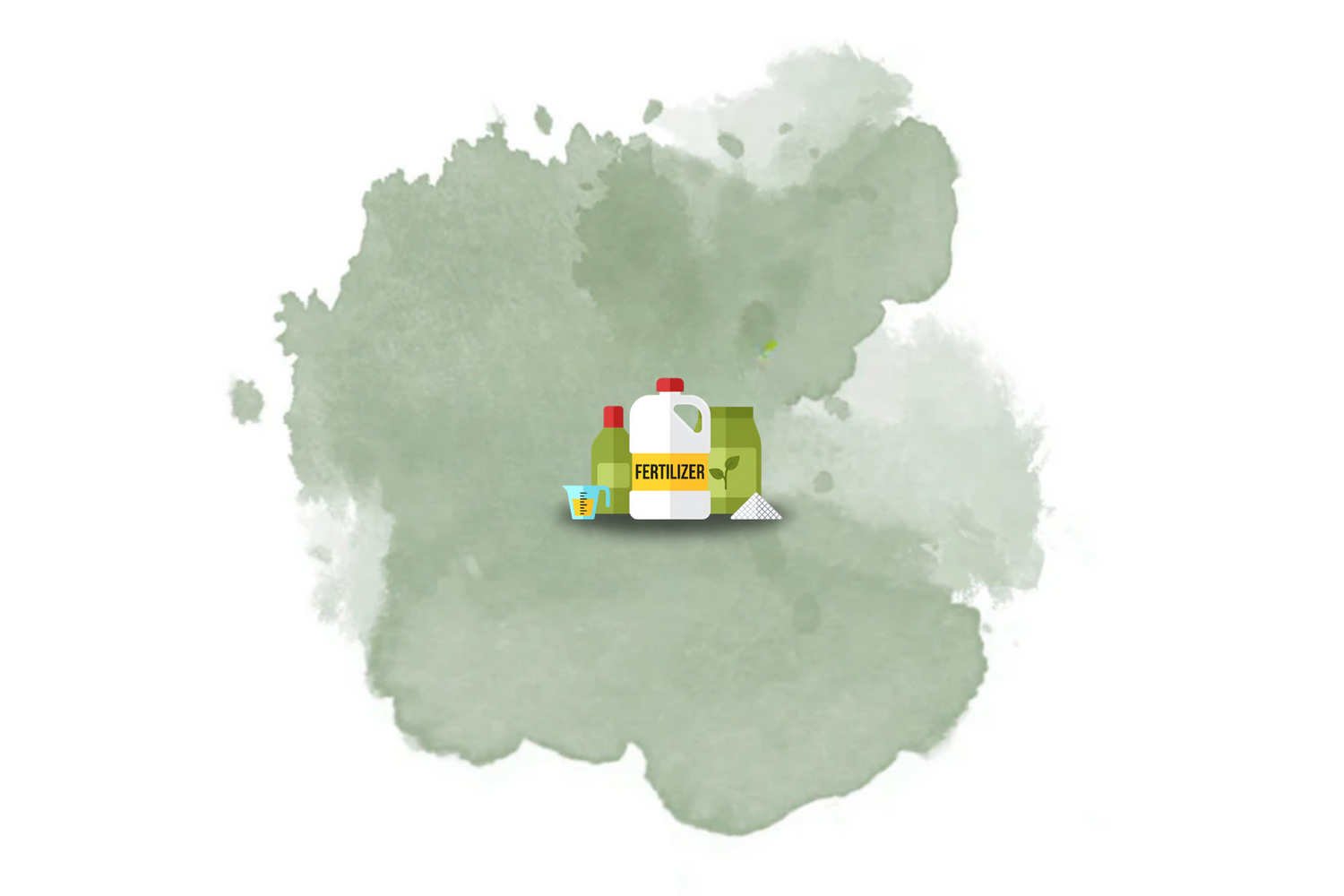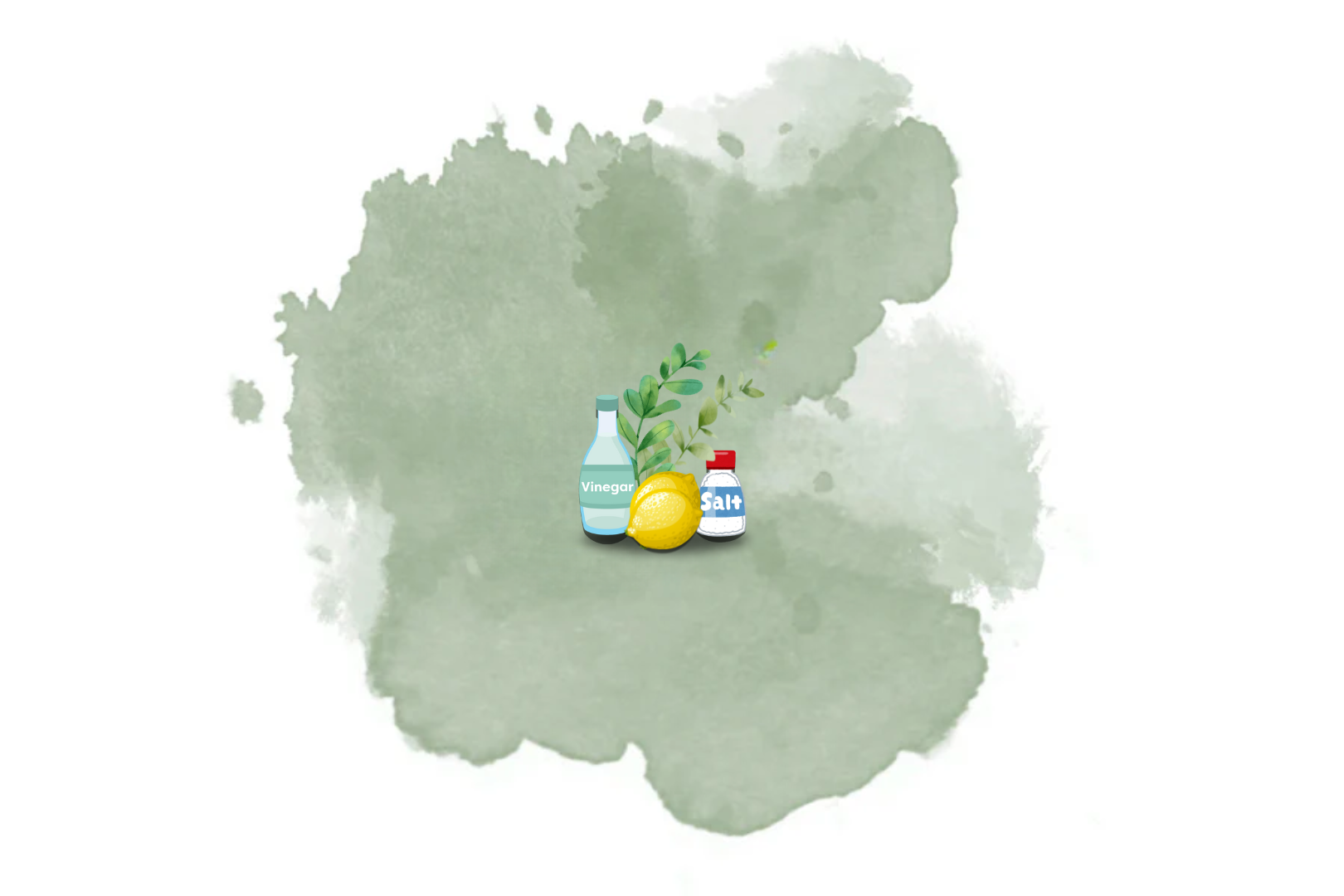Choosing between organic and chemical fertilizers depends on the specific needs of your garden. Both offer unique benefits but differ in characteristics, application methods, and environmental impacts. With a clear understanding, you can use both effectively to achieve a lush and sustainable garden.
What Are Organic and Chemical Fertilizers?
Organic fertilizers are derived from natural materials such as compost, manure, or plant residues. These fertilizers not only supply nutrients to plants but also improve soil structure and promote the growth of beneficial microorganisms that enhance soil fertility.
Chemical fertilizers, on the other hand, are synthetic products or derived from natural minerals. They contain nutrients in highly concentrated and readily available forms, ensuring fast and noticeable results.

Key Differences
Organic Fertilizers:
- Release nutrients slowly.
- Improve soil health in the long term.
- Sustainable and ideal for a natural approach.
Chemical Fertilizers:
- Provide precise control over nutrients.
- Deliver immediate results but may have environmental impacts.
Choosing the right type depends on the type of cultivation and soil conditions.
Advantages and Disadvantages
Organic Fertilizers
Advantages:
- Enhance soil biodiversity.
- Improve water retention capacity.
- Reduce the risk of over-fertilization.
Disadvantages:
- Slower results.
- Often higher costs.
Chemical Fertilizers
Advantages:
- Rapid and visible results.
- Easy to apply with precise dosing.
Disadvantages:
- Excessive use can deplete soil quality.
- Risk of groundwater contamination.
"Using organic fertilizers regularly helps create fertile and resilient soil over time." – Rainer Spitaler
When to Choose Which Fertilizer
Organic Fertilizer:
- Ideal for long-term crops, orchards, and vegetable gardens.
- Perfect for those who prefer an ecological and sustainable approach.
Chemical Fertilizer:
- Useful for addressing specific nutrient deficiencies.
- Suitable for potted plants or quick interventions.
In many cases, a strategic combination yields optimal results:
- Organic fertilizer for soil improvement.
- Chemical fertilizer for immediate needs.
"Combining both types of fertilizers at different times of the year can balance immediate and long-term benefits." – Rainer Spitaler
Tips for Sustainable Use
- Alternate fertilizers: Use chemical fertilizers only when necessary and incorporate organic ones to maintain soil health.
- Follow recommended doses: Avoid over-fertilizing to protect roots and the environment.
- Assess your soil: Understand your soil's pH and composition to choose the most suitable fertilizer.
- Integrate mulching: Reduces evaporation and keeps the soil fertile for longer.
Adopting a balanced approach to the use of organic and chemical fertilizers ensures a healthy, sustainable, and productive garden. By understanding the advantages and limitations of both, you can make informed choices that respect the environment and meet your plants' needs.

![#Taglia_1.7kg [sku-A0291] [lang-IT] [lang-EN]](http://lerava.com/cdn/shop/files/Cessione_IT.png?v=1749635507&width=2000)
![#Taglia_1.7kg [sku-A0291] [lang-IT] [lang-EN]](http://lerava.com/cdn/shop/files/Cessione_IT.png?v=1749635507&width=104)
![[lang-IT] [lang-EN]](http://lerava.com/cdn/shop/products/B09SLG7DHN.MAIN.jpg?v=1674813929&width=104)
![#Taglia_70m² [sku-VV-KMTV-QLBE] [lang-it] [lang-en]](http://lerava.com/cdn/shop/files/Primavera_IT_1.png?v=1749609539&width=104)
![#Taglia_100m² [sku-A0360] [lang-IT] [lang-EN]](http://lerava.com/cdn/shop/files/ESTATE_IT_100m.jpg?v=1751879953&width=104)
![#Taglia_70 m² [sku-A0016] [lang-it] [lang-en]](http://lerava.com/cdn/shop/files/Add_a_heading.png?v=1758461245&width=104)
![[lang-IT] [lang-EN]](http://lerava.com/cdn/shop/files/Solfato_Di_Ferro_IT_1.png?v=1749608449&width=104)
![#Taglia_30m² [sku-AVARACH] [lang-IT] [lang-EN]](http://lerava.com/cdn/shop/files/Champion_IT.png?v=1749608049&width=104)
![#Taglia_30m² [sku-A0265] [lang-IT] [lang-EN]](http://lerava.com/cdn/shop/files/Express_IT_1.png?v=1749619514&width=104)
![#Taglia_10m² [sku-A0148] [lang-IT] [lang-EN]](http://lerava.com/cdn/shop/files/1_10_IT.jpg?v=1727419569&width=104)
![#Taglia_20m² | 200g [sku-A0192] [lang-IT] [lang-En]](http://lerava.com/cdn/shop/files/1_1_193571c2-dc92-488a-b9ac-170592f0b658.jpg?v=1744210602&width=104)
![#Taglia_200g [sku-A0220] [lang-IT] [lang-EN]](http://lerava.com/cdn/shop/files/IT_Semi-Trifoglio200g.jpg?v=1756610388&width=104)





